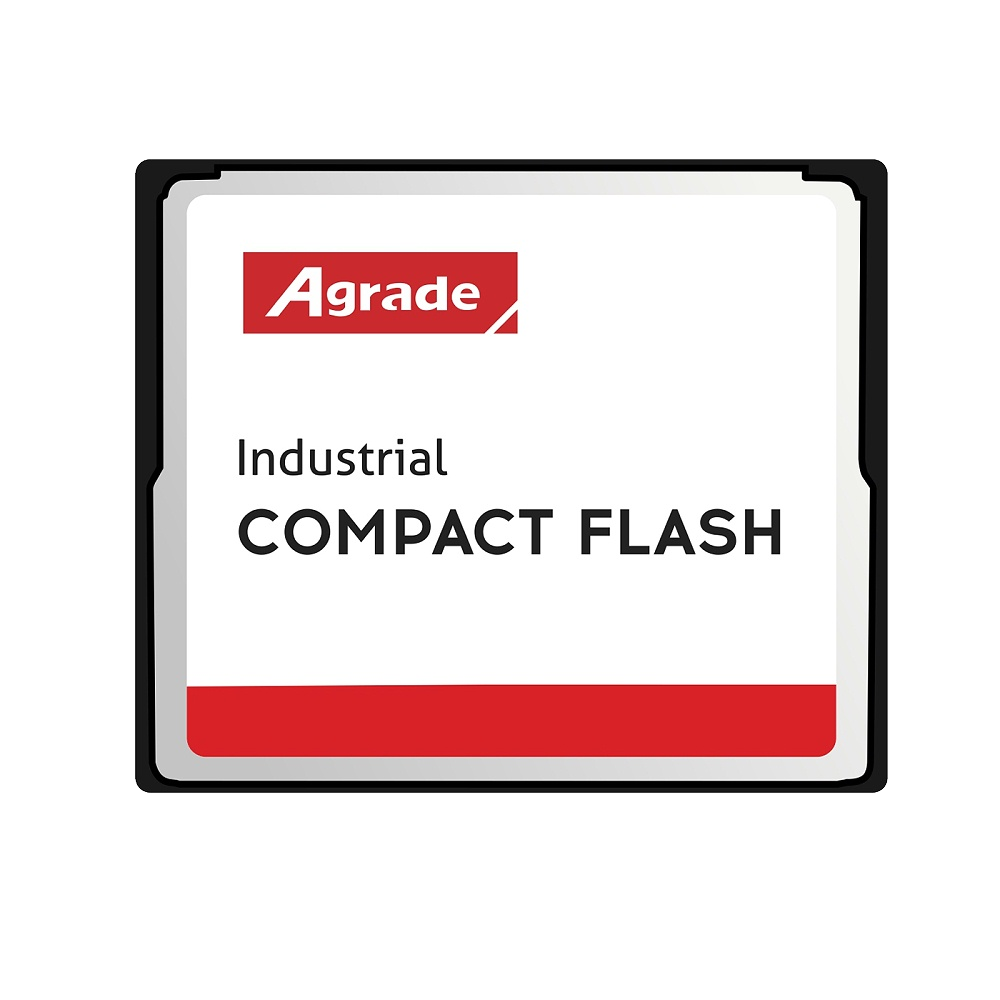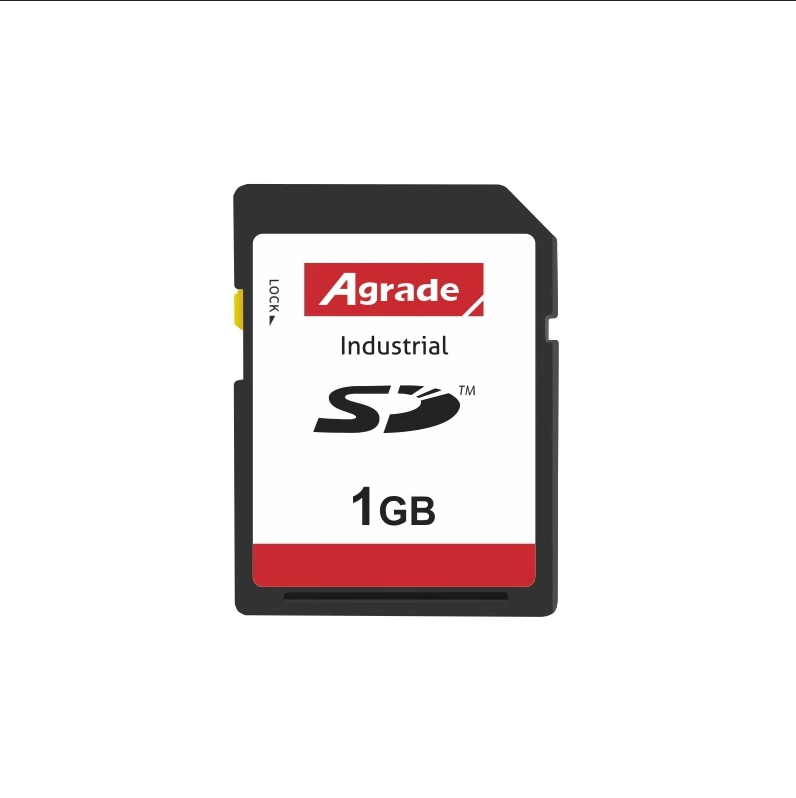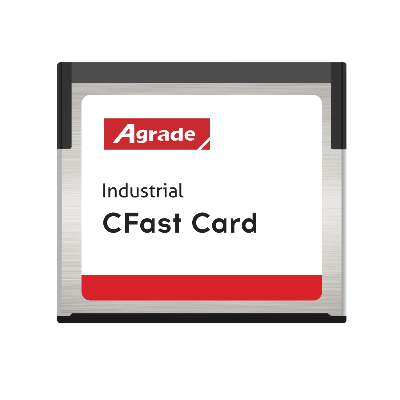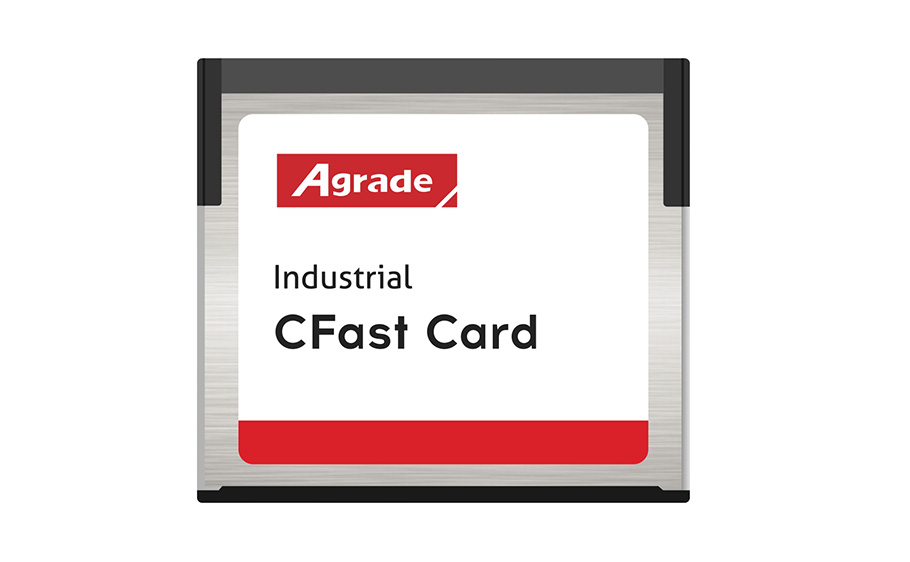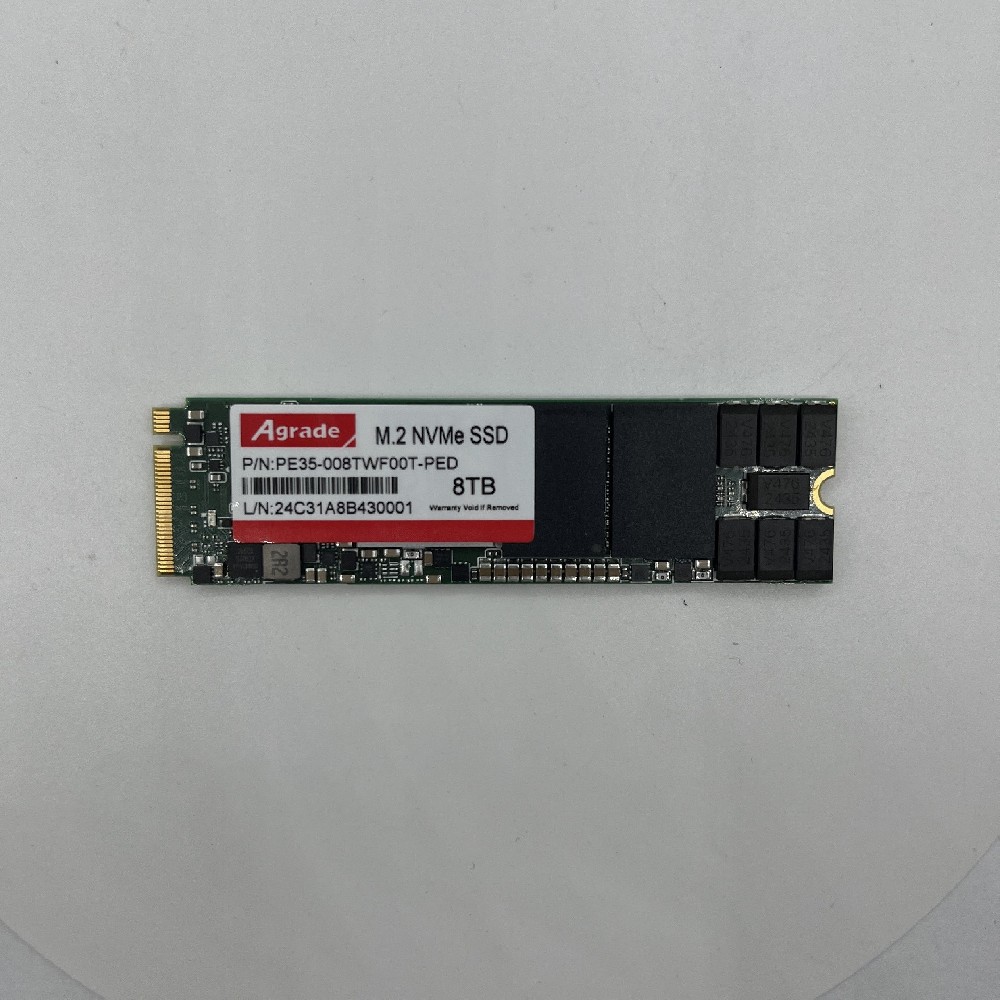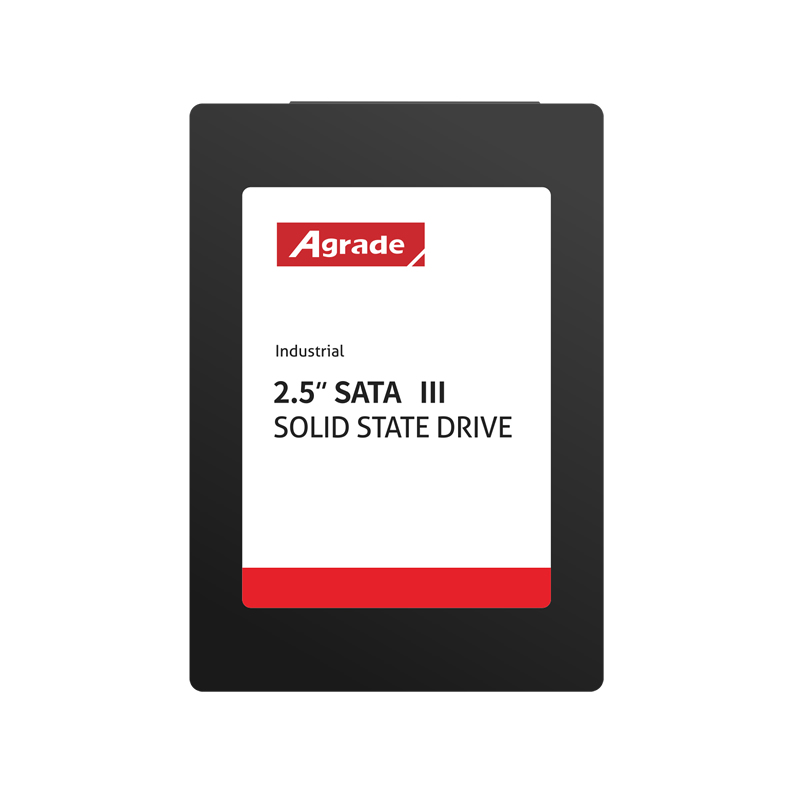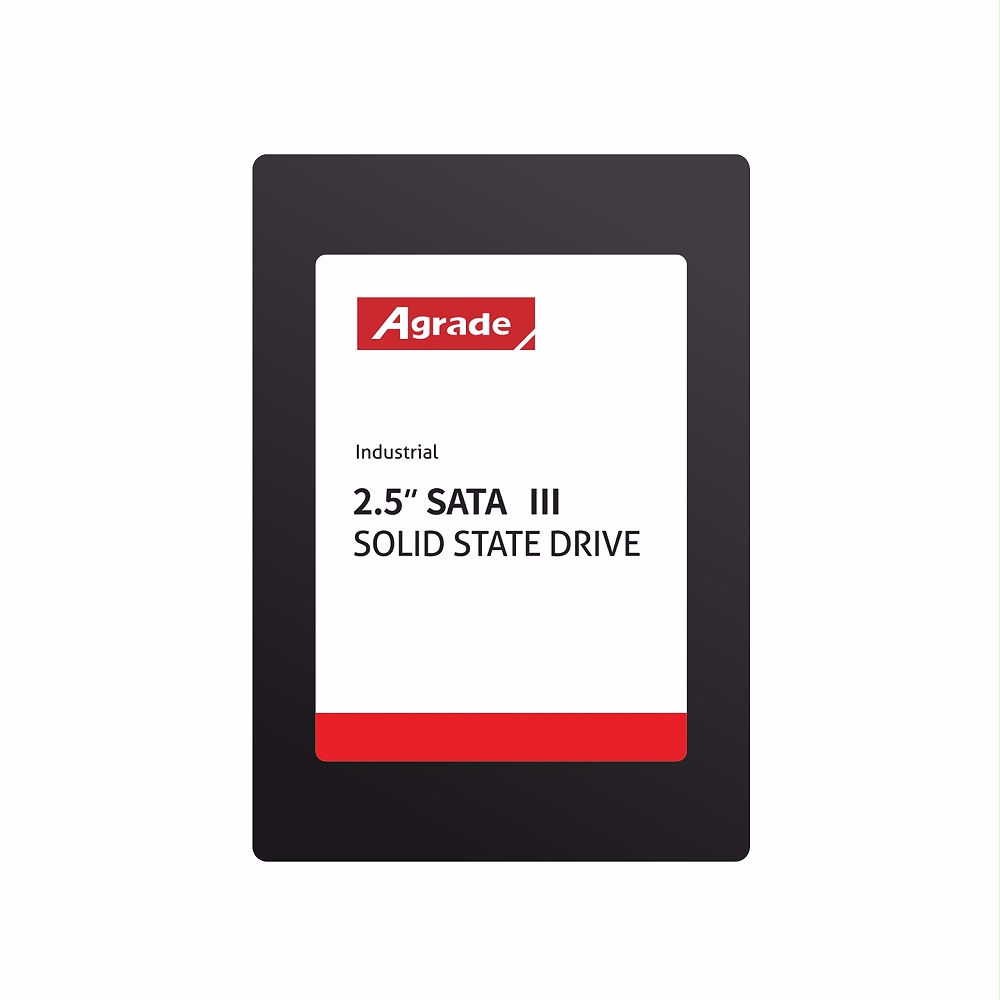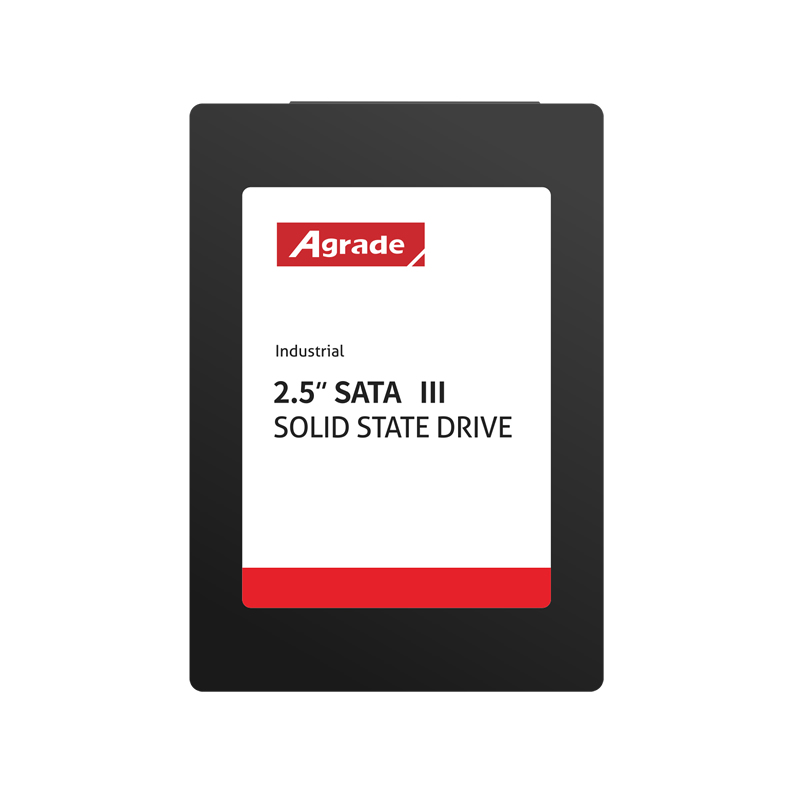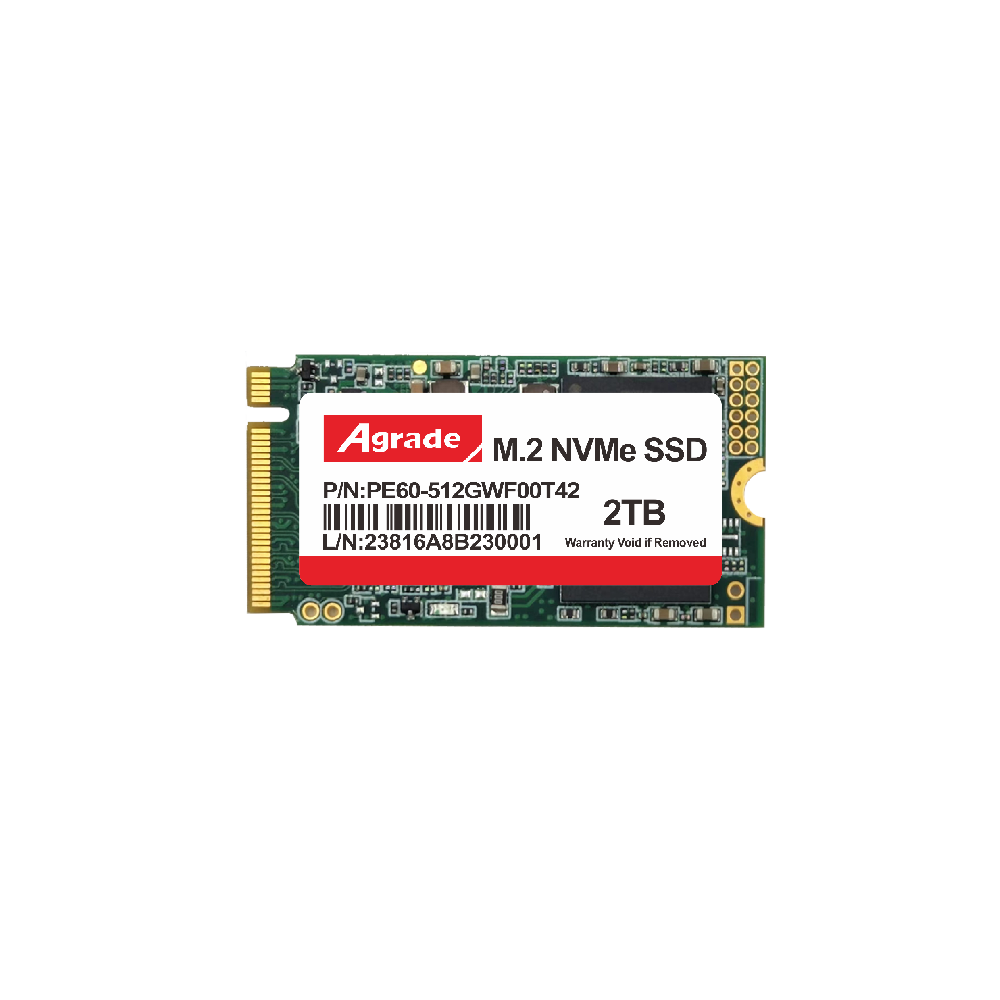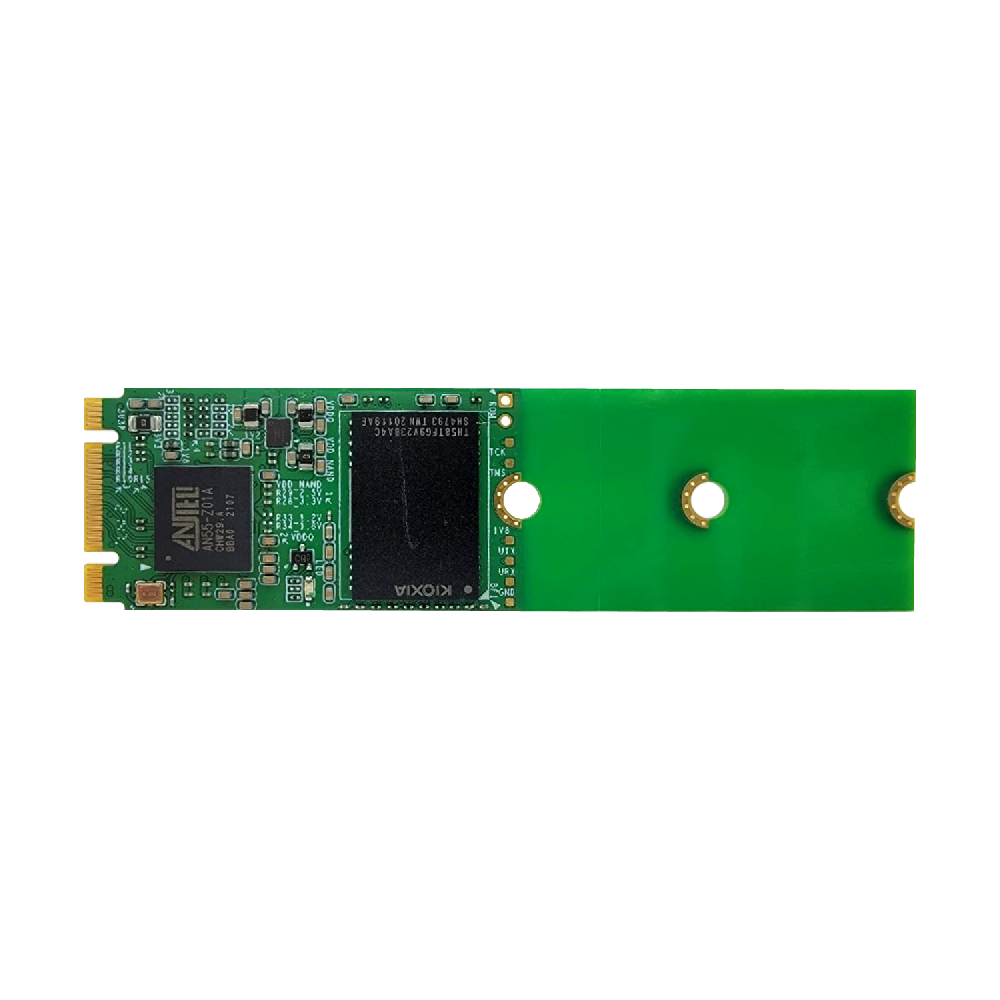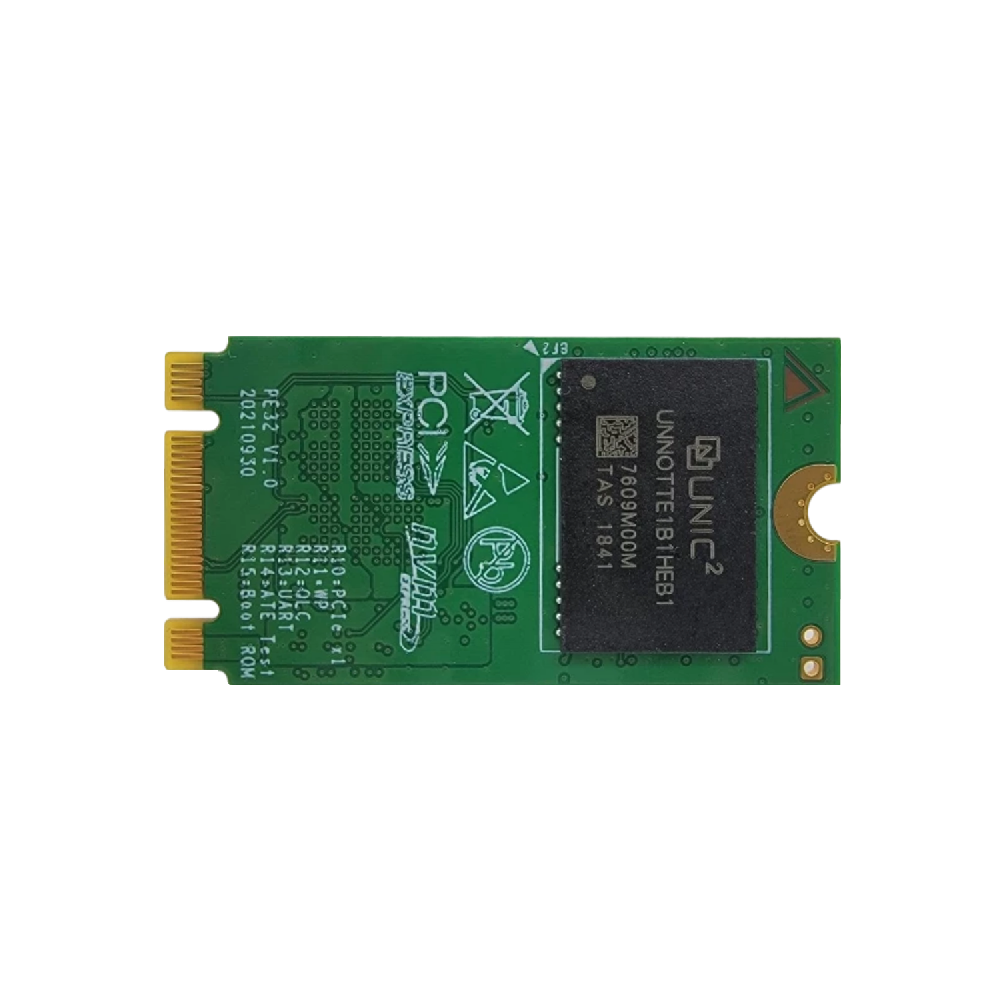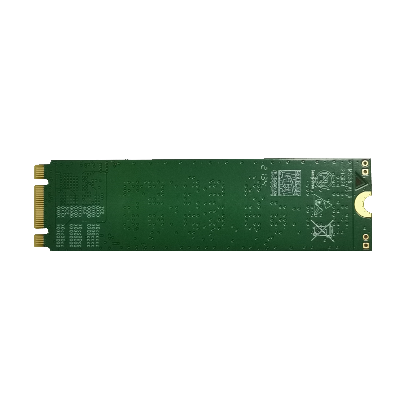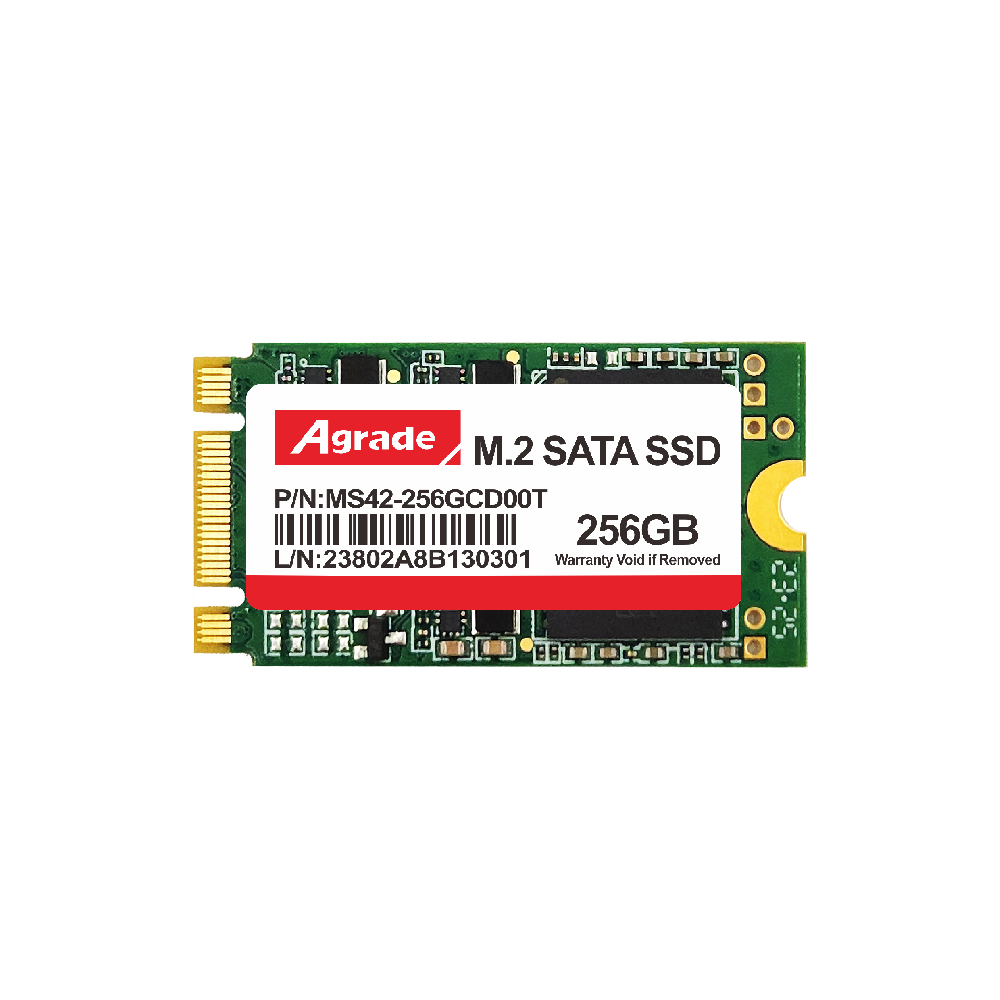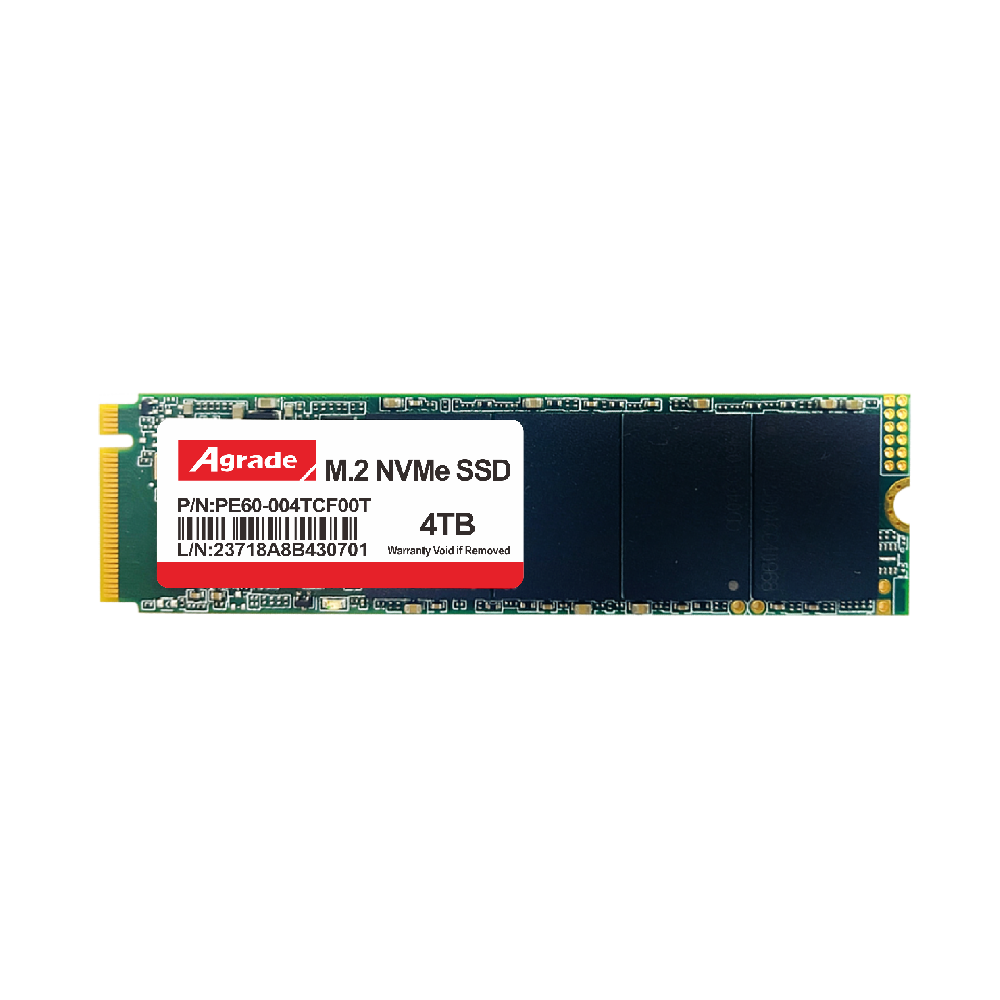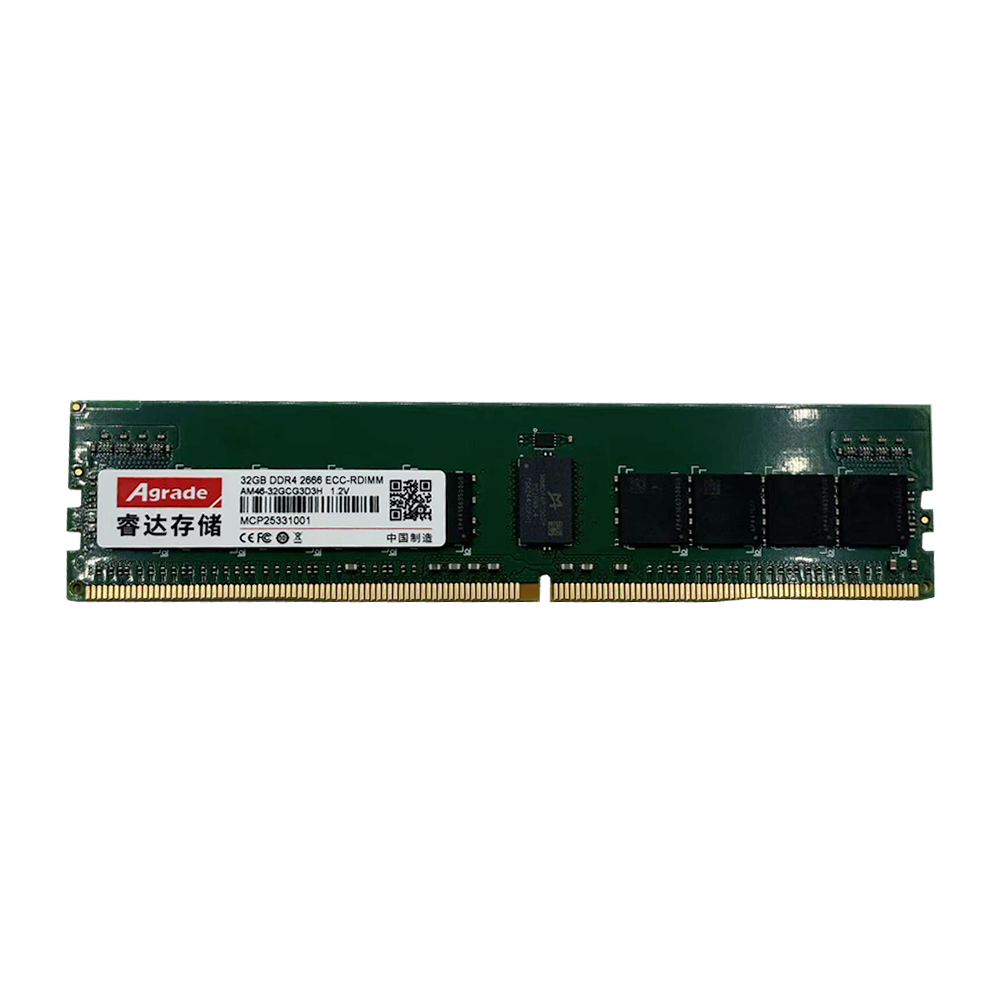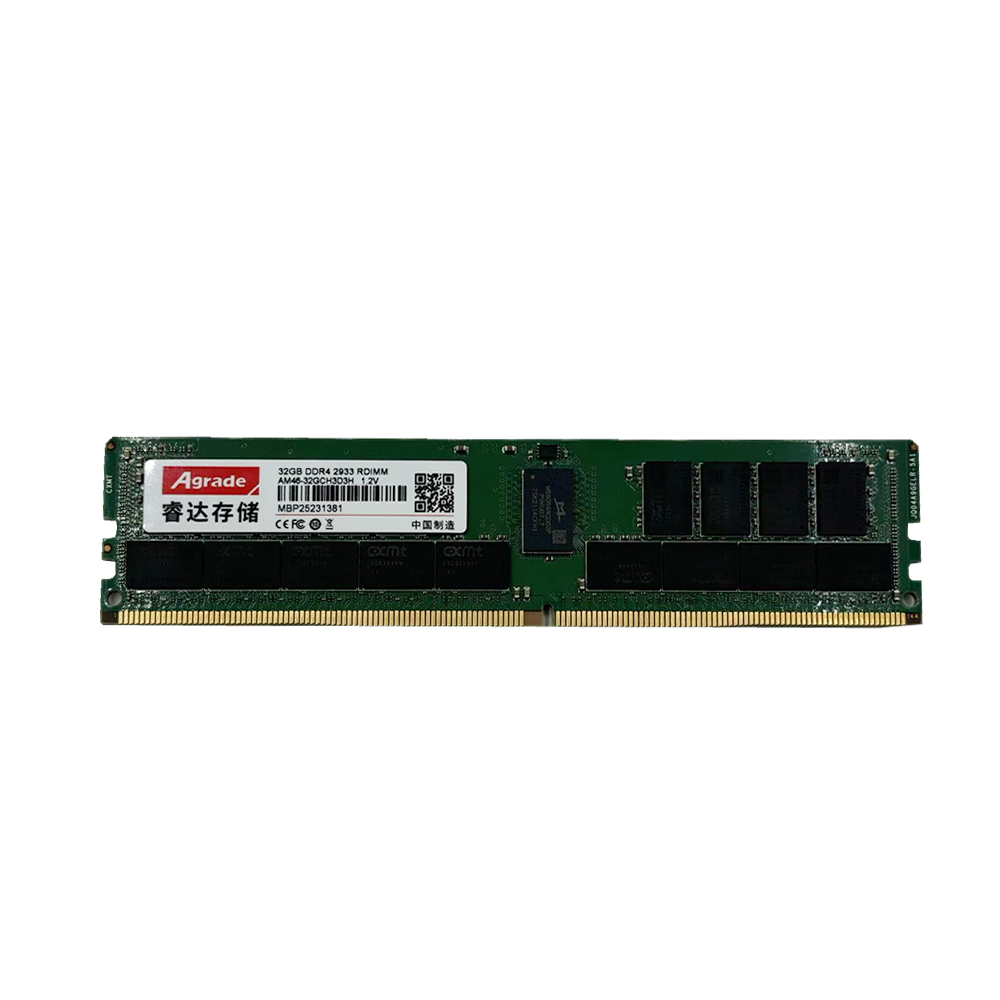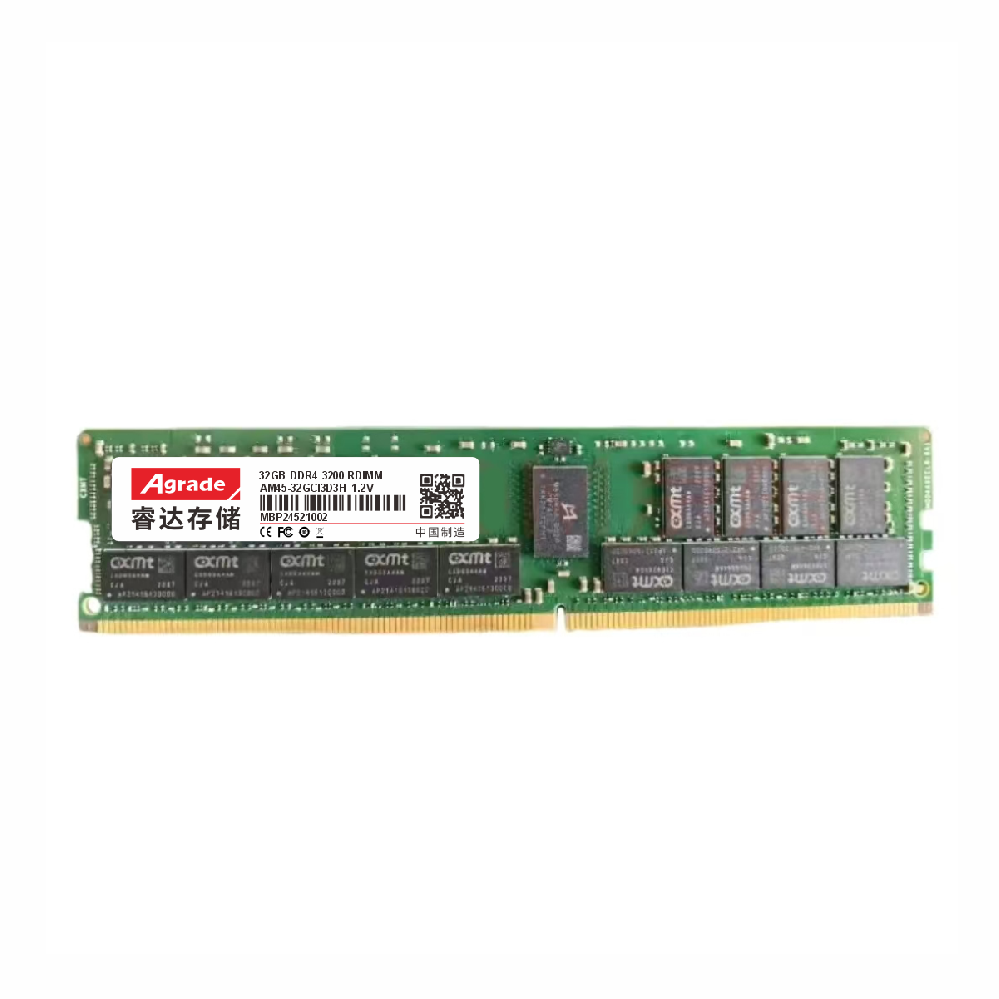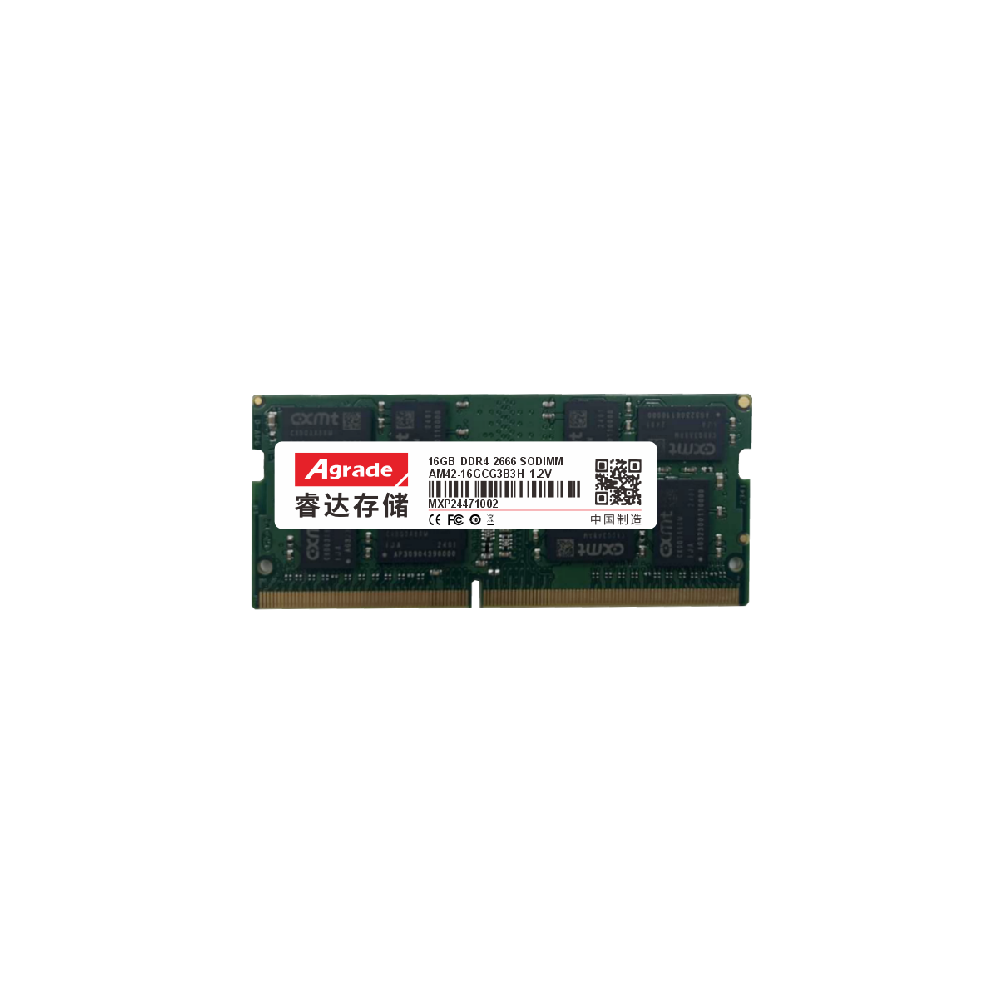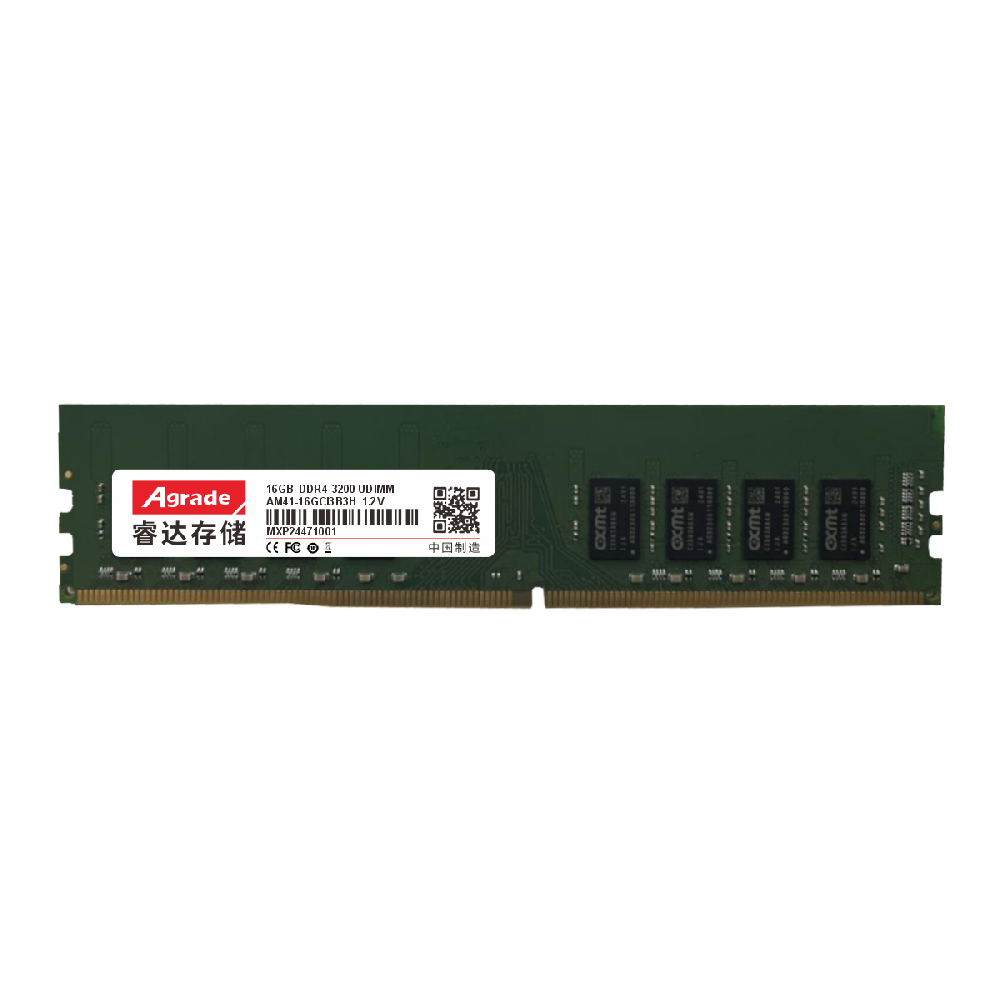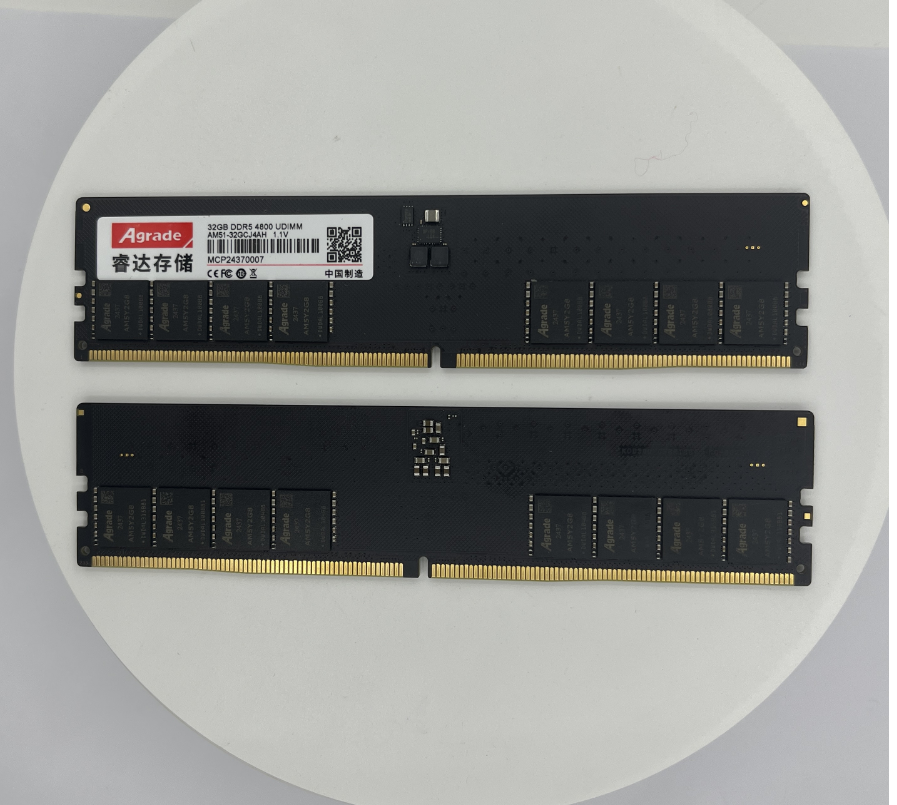

News
 电商部
电商部  2025-10-13 18:17:26
2025-10-13 18:17:26 Can industrial grade CF cards be used on digital cameras?
In the field of digital photography, the choice of memory card is crucial for the shooting experience and photo security. Many professional photographers and photography enthusiasts often wonder: can industrial grade CF cards be used for ordinary digital cameras? This article will delve into this issue in depth.
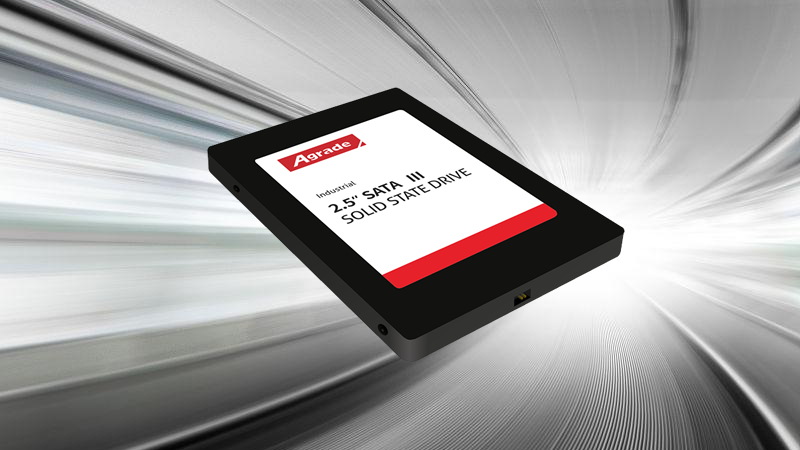
The difference between industrial grade CF cards and regular CF cards
Industrial grade CF cards (CompactFlash cards) are storage devices designed specifically for harsh industrial environments, with significant differences compared to regular consumer grade CF cards:
Durability: Industrial grade CF cards use more robust shell materials and internal structures, capable of withstanding extreme temperatures (typically -40 ° C to 85 ° C), high humidity, vibration, and electromagnetic interference.
Service life: Industrial grade CF cards have longer read and write cycles and typically use higher quality flash memory chips to ensure long-term stable operation even under frequent read and write operations.
Data integrity: Equipped with stronger error correction mechanisms and loss balancing algorithms to ensure data security.
Performance stability: It can maintain stable read and write speeds in harsh environments without significant fluctuations due to temperature changes.
Compatibility of industrial grade CF cards on digital cameras
From a technical perspective, industrial grade CF cards have identical physical interfaces and file system formats to regular CF cards, so theoretically they can be compatible with most digital cameras that support CF cards. Especially professional grade DSLR cameras and medium format digital cameras can usually recognize industrial grade CF cards well.
However, it is important to note the following points:
Capacity support: Older digital cameras may not be able to recognize large capacity industrial grade CF cards (such as 128GB or more).
Speed compatibility: Some cameras may not fully utilize the maximum speed performance of industrial grade CF cards.
Firmware issue: In rare cases, camera firmware may have recognition issues with industrial grade CF cards.
Analysis of advantages and disadvantages in actual use
Advantage:
Higher reliability in extreme environments, suitable for special shooting scenes such as wilderness and polar regions
Better stability for long-term use and lower risk of data loss
Suitable for high-intensity continuous shooting and professional video recording
Disadvantages:
The price is usually 30% -50% higher than that of consumer grade CF cards with the same capacity
Some models have slightly larger volume and weight than regular CF cards
Excessive performance may not be fully utilized by regular cameras
Usage recommendations
If you mainly shoot in regular environments, a regular consumer grade CF card is sufficient.
For professional photographers or special environment photography, industrial grade CF cards are a worthwhile choice to consider.
Suggestion before purchase:
Confirm the CF card specifications supported by the camera model
View the specific parameters of industrial grade CF cards
Consider balancing actual needs with budget
When using it for the first time, it is recommended to format it in the camera instead of directly using a pre formatted card.
Conclusion
Industrial grade CF cards can be fully used in digital cameras, especially in professional photography fields that require high reliability and durability. Although the price is high, this investment is reasonable for professional applications that cannot afford the risk of data loss. Ordinary photography enthusiasts can choose between industrial and consumer grade CF cards based on their actual needs and budget. Regardless of which option is chosen, regularly backing up important data is always the best practice.

